“Sarajevo… is a city that is wearing out and dying, while at the same time being reborn and transformed. Today it is the city of our most beautiful longings and endeavors and bravest desires and hopes.” — Ivo Andric (1892-1975), Bosnian writer and winner of the Nobel Prize for Literature.
Before the bombs, there were family vacations and home recordings. “Everyone had their own businesses, multiple cars, TVs and video recorders,” said Alexandra Kovacevic. Kovacevic is a Serbian immigrant from Bosnia now living in Phoenix, Arizona.
Similarly, Ivana Salipur, another Serbian immigrant in Chicago, grew up in an apartment across from Bosnia’s National Museum. She visited her grandparents’ cottage in the hills during the weekends. This was life in Sarajevo, Bosnia’s capital, in 1992. Children ran around freely as the adults rode the trolley to and from work. It was modern but safe, beautiful but simple, special but hidden.
For 6-year-old Salipur and 8-year-old Kovacevic, Sarajevo and the surrounding mountains were their whole world. What existed beyond it was fantasy, and what existed within it was more than enough.
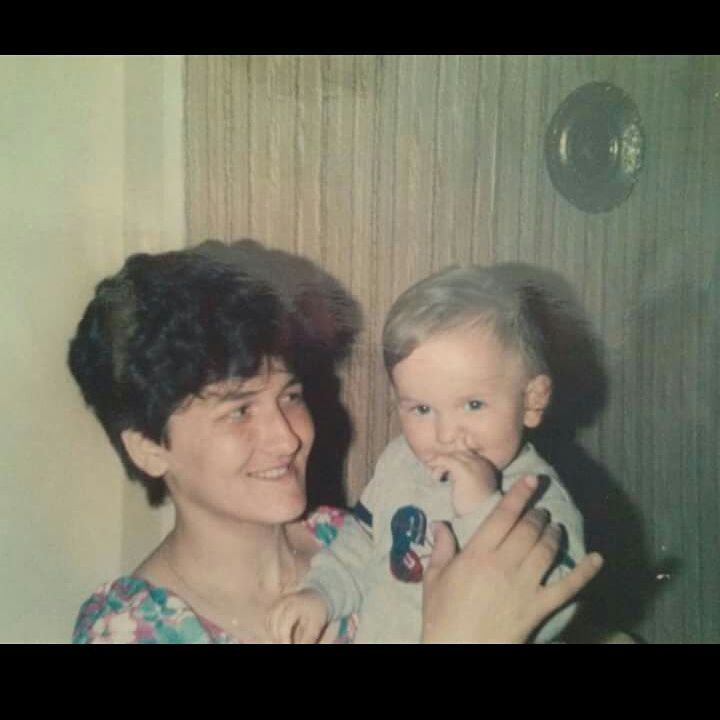
Kovacevic and her mother in Sarajevo in the late 1980s. (Nikolai Ewert, 14 East)
However in 1992, the sky seemed to darken. The trolleys were left abandoned in the street, and children could only play in boarded-up rooms. Childhoods turned into survival. Reporters who had once covered the 1984 Sarajevo Olympics returned to the city in bullet-proof vests. This time, the story was the fall of Yugoslavia and the siege of Sarajevo.
In 1992, the Yugoslav wars reached Sarajevo. Bosnia was part of Yugoslavia, a communist country in Southeastern Europe founded after World War II. It quickly outlawed the nationalist rhetoric of individual states, suppressed religious intolerance and enforced ethnic unity and harmony. However after the death of Yugoslavia’s “benevolent” dictator, Josip Broz Tito, in 1980, nationalism began to resurface. Croatian patriots cried for independence and Serbian nationalists demanded expansion. Soon enough, to the disbelief of millions, the Yugoslav wars began.

Serbia
For Salipur, Kovacevic and most of Yugoslavia, the war was utterly dystopian. Marriages between different ethnic and religious groups were common in Sarajevo. There were as many mosques as churches, and one’s favorite soccer team was more divisive than one’s faith. “The word ‘hate’ wasn’t in my family’s vocabulary,” said Salipur.
In many ways, Salipur believes her childhood before the war was definitively Yugoslavian. She grew up in a communist atmosphere absent of religion. Her father was Slovenian and Serbian, and her mother was Croatian and Macedonian. In addition to having grown up in Bosnia, her identity reflected every state of Yugoslavia.
Sarajevo was filled with children like this whose identity itself mirrored the diversity of the country. Kovacevic and Salipur were the last generation to experience this national harmony and the youngest to see it disappear.
The first time Salipur realized something was wrong in Sarajevo was in 1992 at 6 years old. She was told to not stand by the windows because it was too dangerous. Soon after began the siege of Sarajevo, the longest in military history of a capital city. It wouldn’t end until 1995.
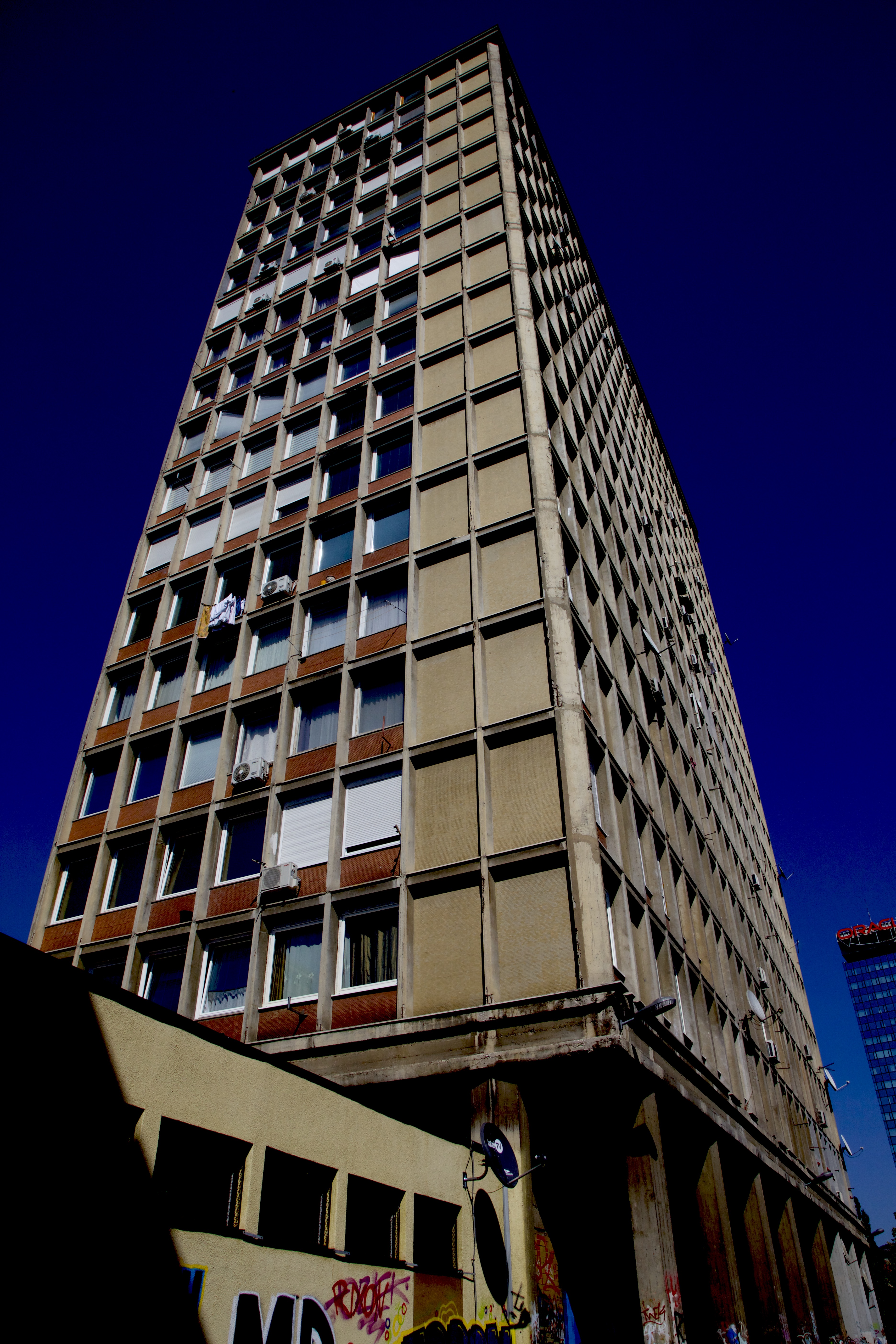
Salipur’s childhood apartment from Sarajevo. She lived on the 15th floor, the top floor of the building. (Nikolai Ewert, 14 East)
The hills surrounding Sarajevo were lined with Serbian forces. Utterly unprepared, the Bosnian people stood still.
And then the shells began to fall.
“Let me put it to you in the best way I can,” said Salipur. “I didn’t have much of a childhood when the war started. It was pretty bad, all around.”
Food became scarce. Serbian forces would only let so much aid through the siege lines.
At one point, Serbian forces shut off the water pumps. This left citizens with two options. The first was to go collect water at the river, but 90 percent of civilian deaths occurred in this area. It was the most exposed to shelling and sniper fire. The other option was to find the NATO airdrops containing water. In order to cook their rice, the only food they had, Salipur’s family decided to look for the NATO airdrops. It was during one of these searches that a grenade flew only inches above Salipur’s head. At this point, she said, the reality of war was undeniable.
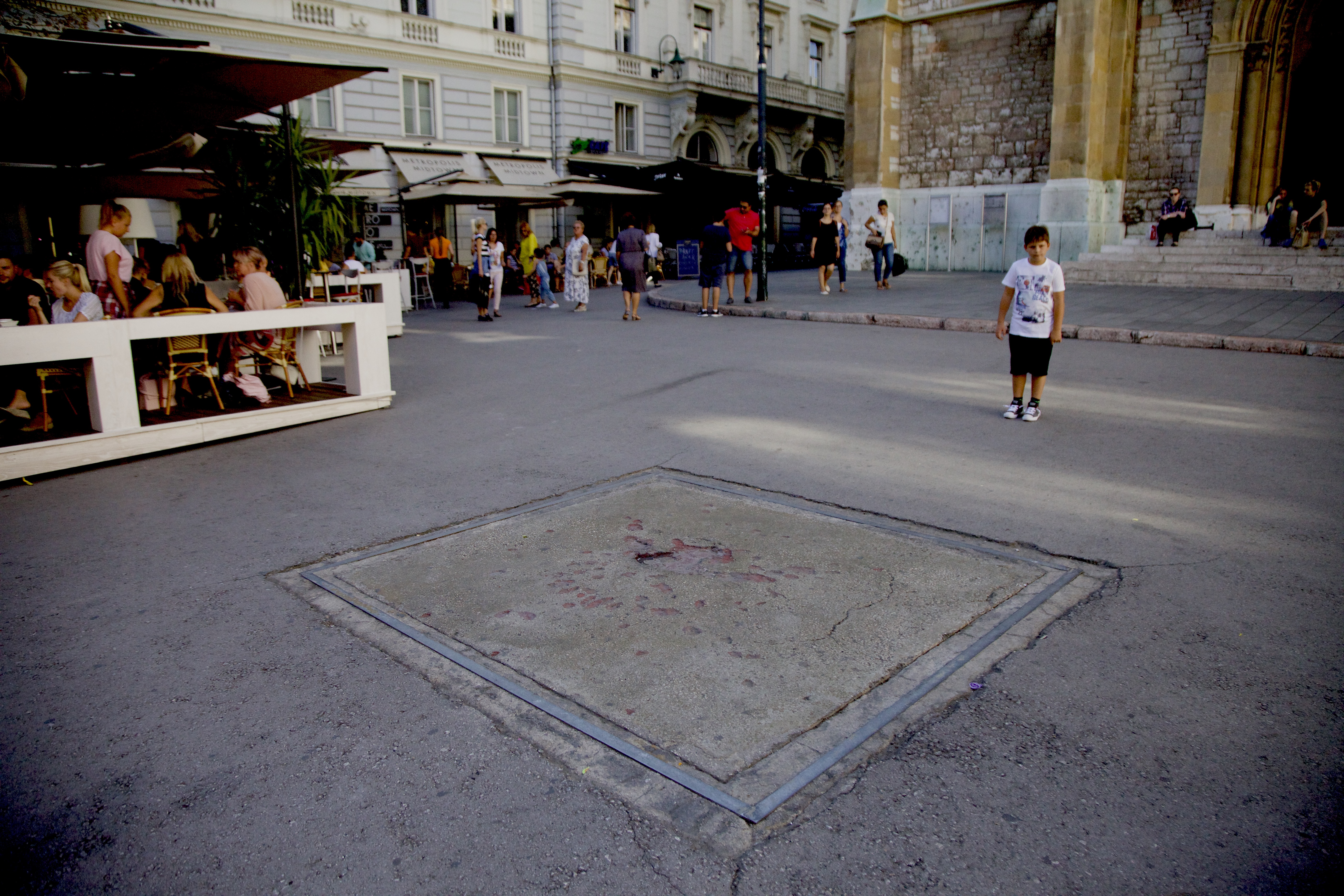
A Sarajevo Rose. An indent made by a mortar shell explosion during the Bosnian War, later filled in with red resin. (Nikolai Ewert, 14 East)
Even before the guns and shells, Kovacevic noticed Sarajevo beginning to change. She lived in Buca Potak, a neighborhood on one of the surrounding hills in Sarajevo. Her neighborhood at the bottom of the hill was a mix of Serbian Christians and Bosnian Muslims. At the top of the hill lived mostly Muslims. In between these two neighborhoods were the Roma, commonly known as gypsies. Kovacevic had a friend who went to school at the top of the hill, and she would visit him.
“The only thing really interesting about them is that their dogs were outside,” said Kovacevic. For more than 600 years, the Roma lived on the outskirts of Bosnian society, stigmatised as thieves and beggars.
Kovacevic paid little mind to the Roma until they started disappearing. A week before the war began the Roma packed up what little they had and left Buca Potak, their dogs trailing behind them. Kovacevic had no idea why. With the absence of the Roma there was now only an empty road between the mixed neighborhood at the bottom of the hill and the Muslim neighborhood at the top.
Like the Roma, Kovacevic’s first-grade classmates began to disappear. “My mom told me they were going on a vacation,” she said. “But her face told me something else.” Within a week, Kovacevic’s classroom had dwindled to four students.
On her last day in school before the war, the teacher separated Kovacevic and her peers according to their ethnicity or religion. The Muslim and Albanian boys worked by themselves, while Kovacevic was paired with the remaining Serbian girl.
For Kovacevic and the rest of Sarajevo, none of this was normal.
After her odd day at school, Kovacevic went back to Buca Potak to play with her friends. The missing classmates or the absence of the Roma were more or less forgotten. However, no one can ignore a bullet.
“We were playing in the middle of the street and we heard gunfire,” said Kovacevic. “I tried to go to go to my neighbor’s house but she told me to go home. Bullets were flying past, and I couldn’t open my door, the key wouldn’t turn, I was freaking out. Before I knew it, a guy came behind me from the street and opened the door, and put me in the part of the house opposite the gunfire. He told me that we needed to leave. I had no idea who this guy was.”
The man took Kovacevic up to her room and turned over her bed. To her disbelief, there was a stockpile of guns hidden beneath her bed.
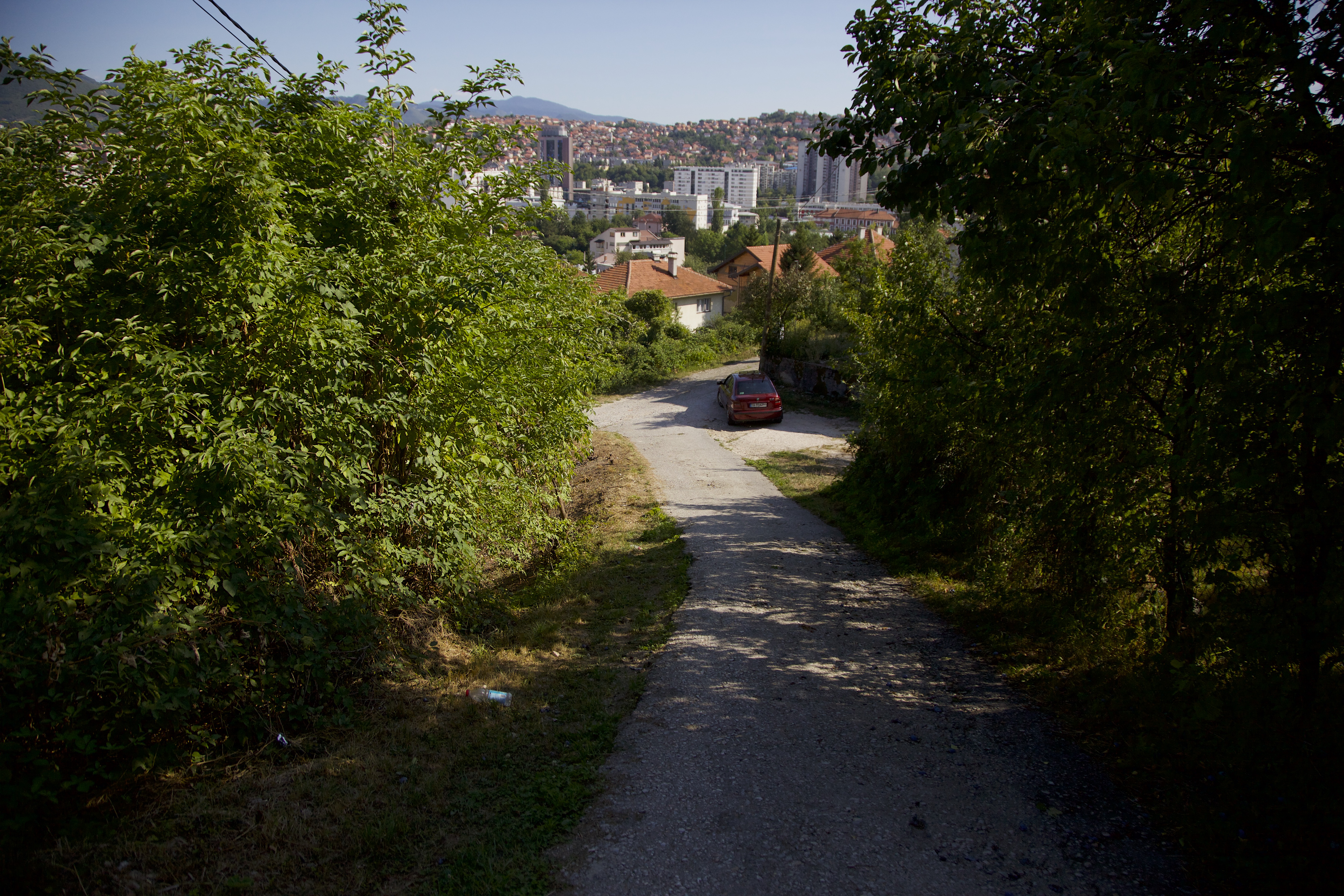
A road in Kovacevic’s old Sarajevo neighborhood, Buca Potak. Kovacevic was playing in the street when gunfire erupted. (Nikolai Ewert, 14 East)
Kovacevic’s family had been secretly preparing for the possibility of war. “They had military equipment under every crevice you could imagine,” she said.
In addition, her father didn’t plan on fighting for the national army. He and his friends created a guerrilla unit of seven or eight men.
“The main mission of the guerrilla unit was to get the families out, out of the war zone,” said Kovacevic. “Wherever that meant [going].”
The man that saved Kovacevic’s life that Friday was part of this guerrilla group.
After being rescued, Kovacevic was driven to her family. The family decided to leave Sarajevo for their grandparents’ farm outside the city. They loaded up all the guns they could and headed out.
It was at this farm that 8-year-old Kovacevic and her 3-year-old brother were taught to shoot guns.
The Bosnian army was advancing and there was no certainty that the fighting wouldn’t reach them. If you could pull the trigger, you were taught how to shoot. Kovacevic thought it was funny watching her young brother try to shoot a handgun. While the kickback initially knocked her down, Kovacevic got better. Her new skill, however, was never needed.
Following a grenade explosion in combat, Kovacevic’s father was put in a full-body cast. Her mother had had enough. “My mom freaked out,” said Kovacevic. “She made a few phone calls, and next thing I knew we were leaving.” By June 1992, the family was on a plane to Chicago.
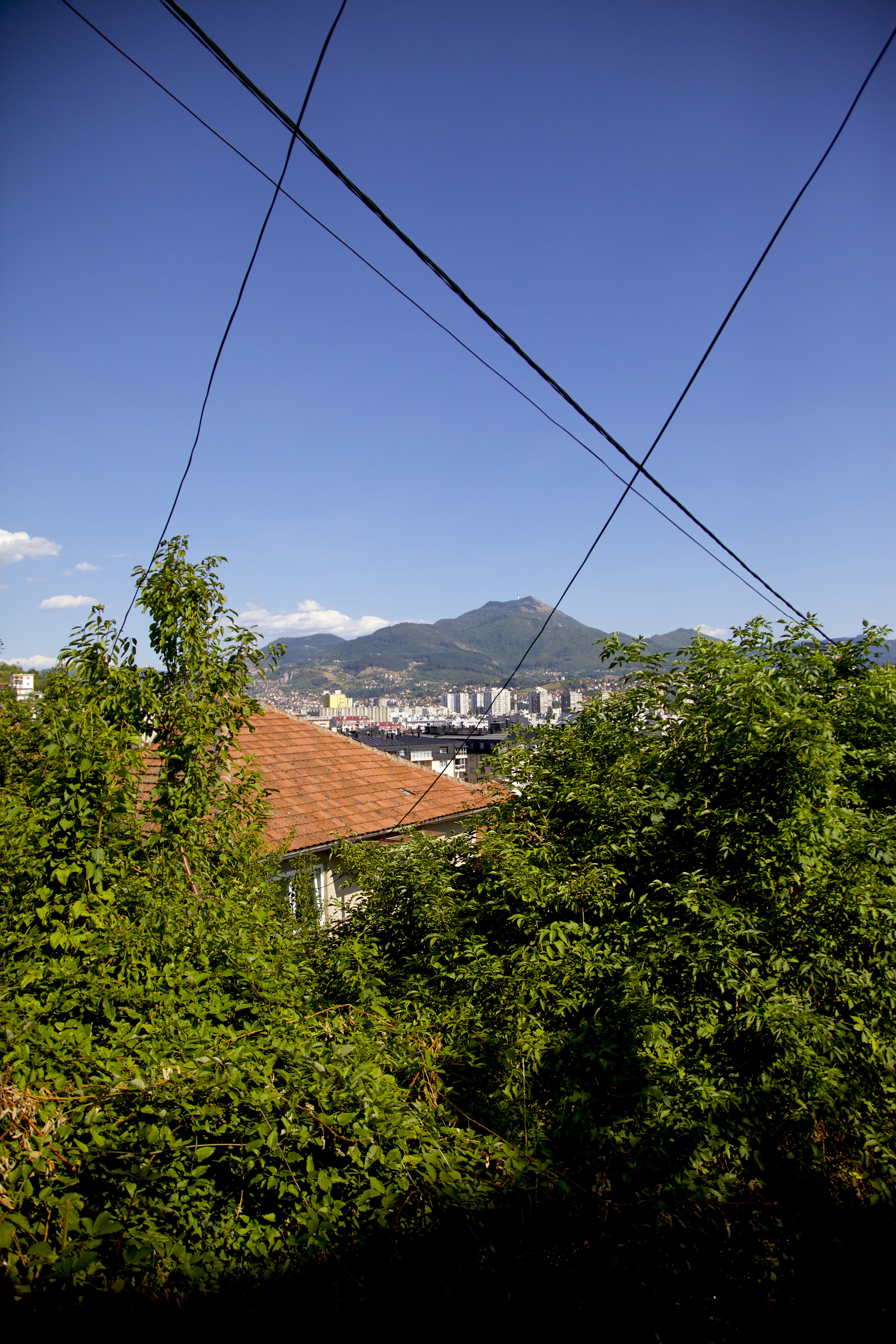
“My parents would tell me stories about the mountains,” said Jovana Kovacevic, Aleksandra Kovacevic’s sister. Jovana’s family immigrated to America when she was 1-year-old. “I had this gorgeous picture of Sarajevo in my head, of incredible mountain sides.” (Nikolai Ewert, 14 East)
While Kovacevic left in 1992, Salipur wouldn’t leave Sarajevo until 1995. She survived the war with her grandparents in the neighboring town of Pale, not far from Kovacevic’s grandparents’ farm. She was taken here after her mother disappeared and her father was killed by soldiers. Pale was the Serbian-occupied part of the city, which made it somewhat safer.
Before the war, Salipur visited her grandparents at their woodland cottage in Pale. These visits represent the few glimpses of a happy childhood she had.
Now, that life was over. There was no more mushroom hunting in the woods with her grandfather or singing in the countryside. The grandfather that had once taught her jokingly how to swear was now teaching her how to pray.
“My grandparents during this period wanted to turn me to God,” said Salipur. “It was what was keeping them alive. It felt very beautiful for them to introduce me to God, but then I would ask, ‘Why is God letting this stuff happen?’”
Salipur doesn’t remember a response.
Two years passed in Pale. Salipur and her grandparents went to church sporadically, but prayed constantly. No one had heard anything from Salipur’s mother, who had disappeared shortly after the siege. The sudden outbreak of war made life chaotic and unpredictable. Without rhyme or reason, Salipur’s mother was gone. Salipur doesn’t remember the last time she saw her mother. Then two years later, to the surprise of all, she appeared in Pale.
“She wasn’t the same person,” said Salipur. There was little said about the war, where her mother had been or how her father died. Salipur could communicate just as little, suppressing most of what she had seen. They carried their trauma silently.
Salipur and her mother headed to family members in Macedonia. As they waited at the bus stop, she remembers hugging her mother. Then, eager to show off a new song she had learned, Salipur sang. “I was so happy to sing for her. It was very liberating.” Behind tears, Salipur’s mother said, “You’re becoming a better and better singer.”
On the way to Macedonia, Salipur remembers laying her head on her mother’s shoulder. Finally, for Salipur, the war was over.
After months of planning an interview, Salipur’s grandmother Kata didn’t want to talk about the war. She didn’t want to talk about the loss of her son or about the wartime experience of her granddaughter. She said she would allow a Chicago student journalist to visit, have some cake and take some pictures, but the war was not to be discussed. This changed when she saw her gift — a framed picture of her granddaughter smiling brightly with her childhood stuffed animal. I had taken the picture in Chicago and transported it to Bosnia. In the picture Salipur has a bright smile as she holds her toy puppy, from which she was inseparable during the war. “Cuko was like a safety blanket (during the war),” said Salipur. “You see those floppy ears. They’ve heard everything.”
Kata’s lips quivered when she saw the photo. She grabbed the frame with both hands and looked longingly at the picture. She began to kiss the photo and say “my girl, my girl.” After wiping away tears, a smile formed.
“During the war the doll fell apart several times and I always sewed it back up,” said Kata. “Oh, I remember when she left during the war. I could hardly bear watching her leave. Before she left Ivana said to me ‘I’ll never forget you.’”
When the stories became too much, Kata took a deep sigh and looked out the window.
It had been a few months since Kata’s husband of almost half a century died, and now she lived alone in her small Bosnian cottage. Photos of her granddaughter and son lined the walls of her small dining room. Her husband’s hats still hung from the antler coat rack, and an old bible with scribbled red notes sat next to her bedside. The house was filled with as much tragedy as love.
As our interview ended, my translator and I said goodbye to Kata. She thanked us for coming, and we thanked her for her hospitality. Before leaving, Kata stood up and grabbed our hands. With her eyes closed, she said a prayer for our safe return home.
While Salipur goes back to Sarajevo almost every year, Kovacevic doesn’t believe she’ll ever return.
“I have a romantic image of Sarajevo in my head, and I don’t want it to change,” said Kovacevic. “Right down my street were mosques and churches, and every spring it would smell like these beautiful flowers. I know there are no jobs, I know what’s going on [in Bosnia], but in my head it’s a whole different way, and I want it to stay that way.”
Interview with Kata Salipur translated by Katarina Matovic
Header photo by Nikolai Ewert


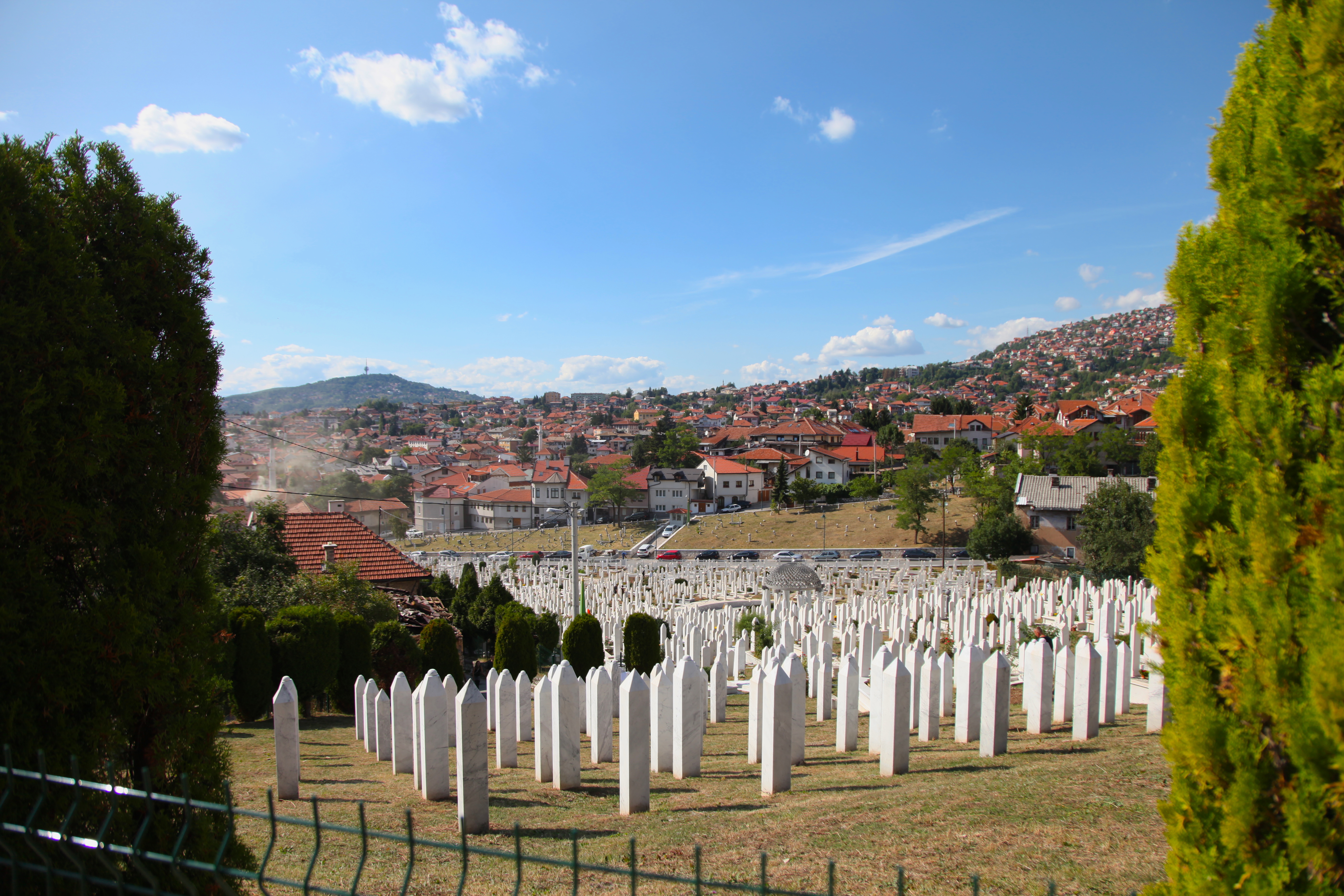
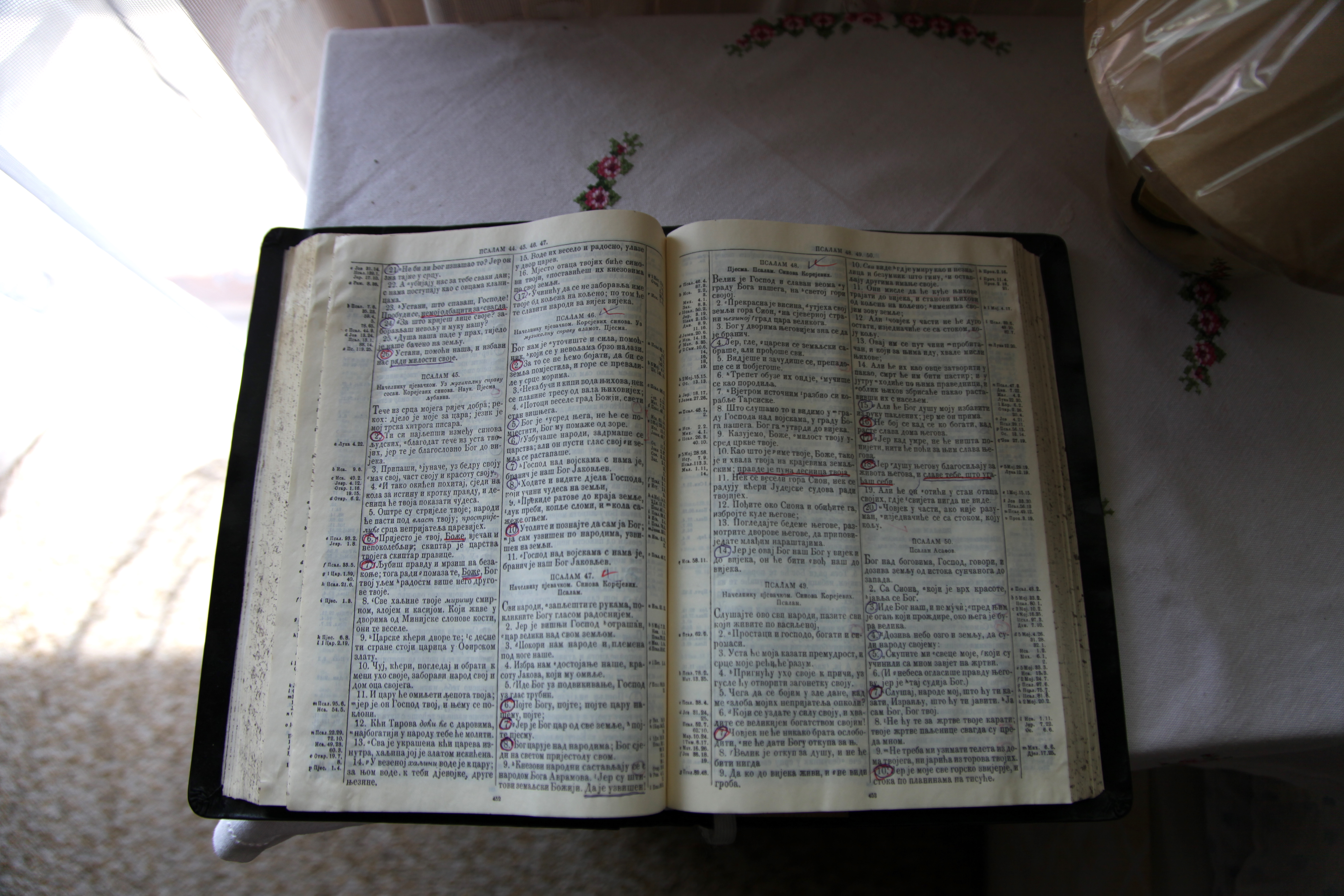
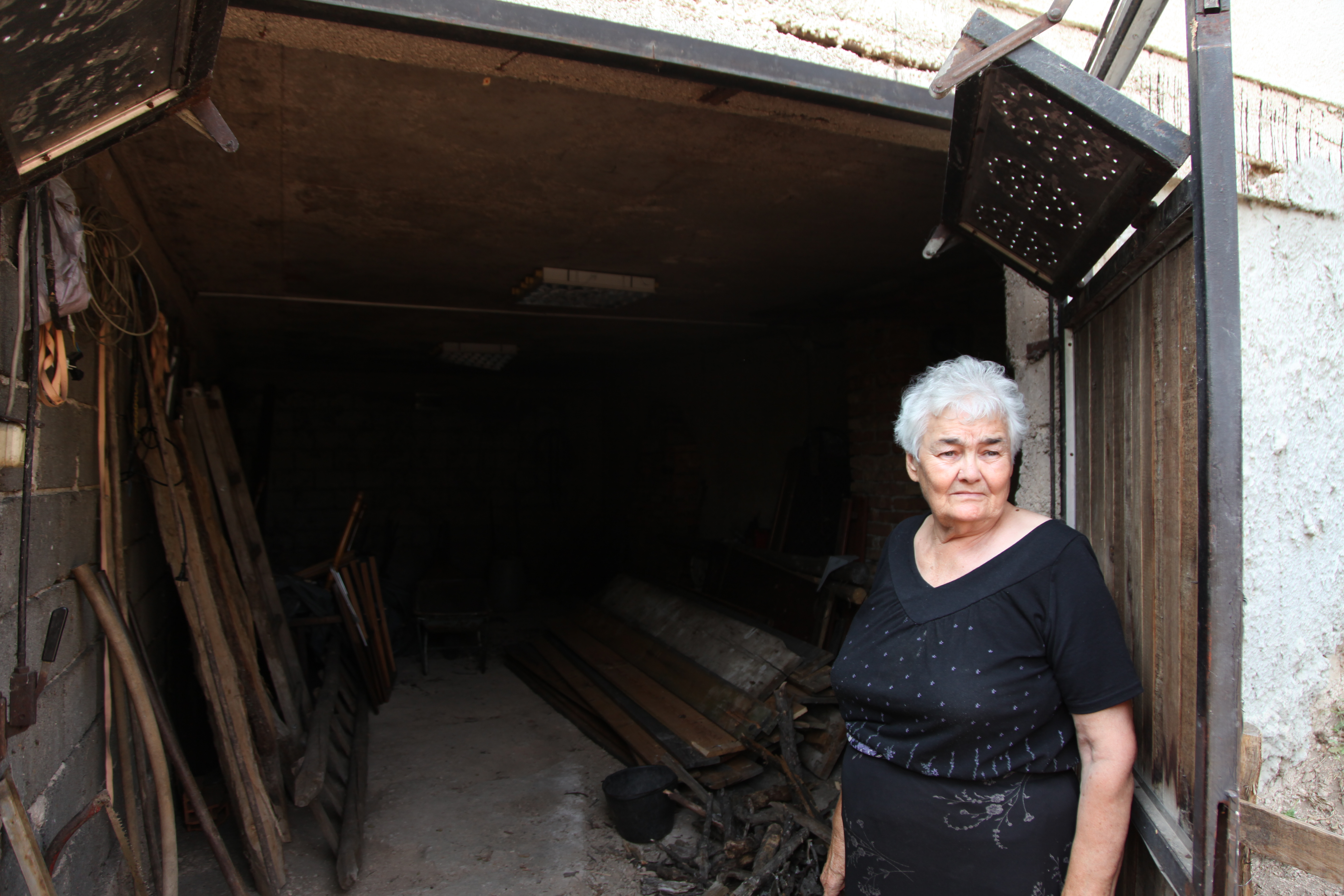
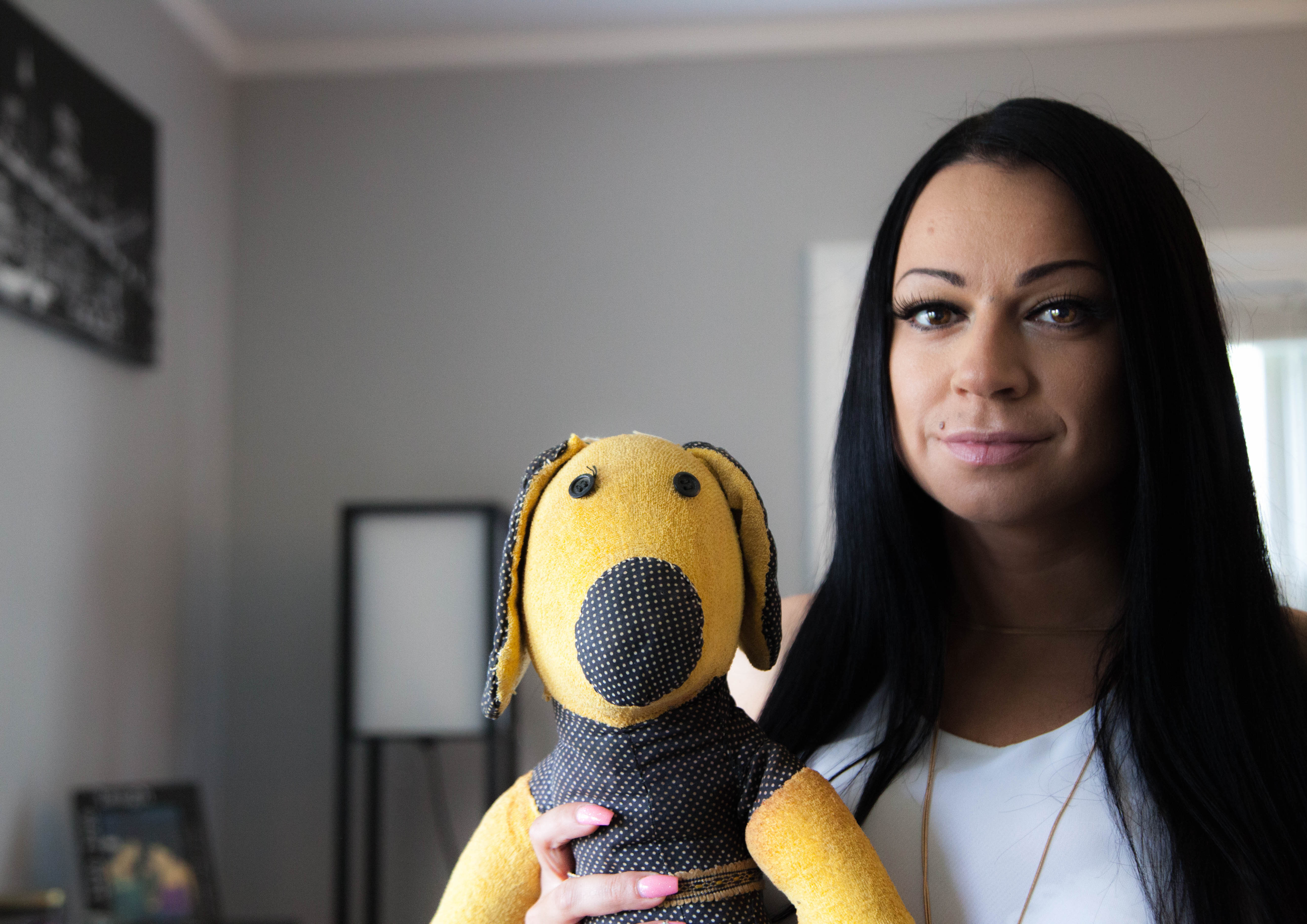
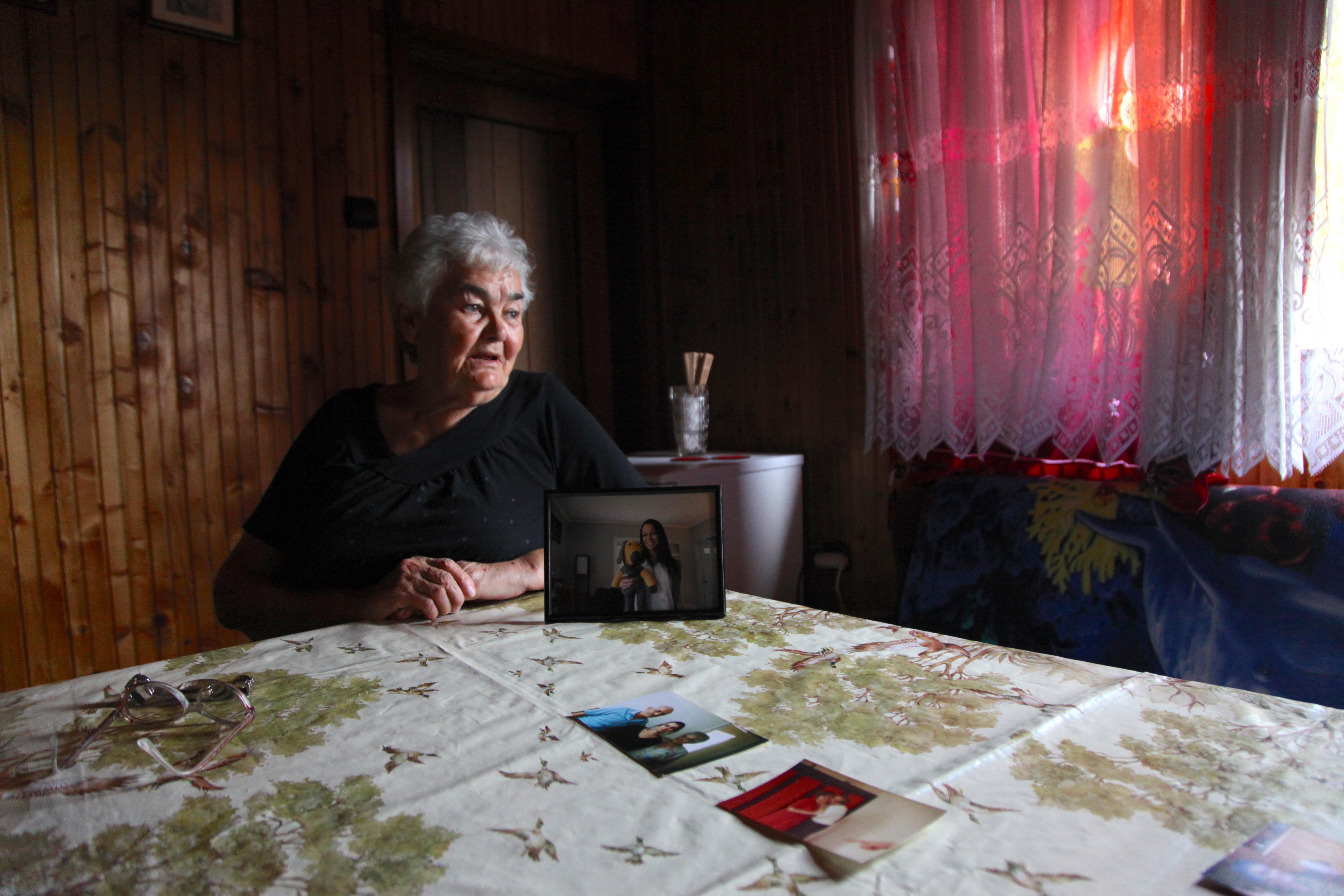
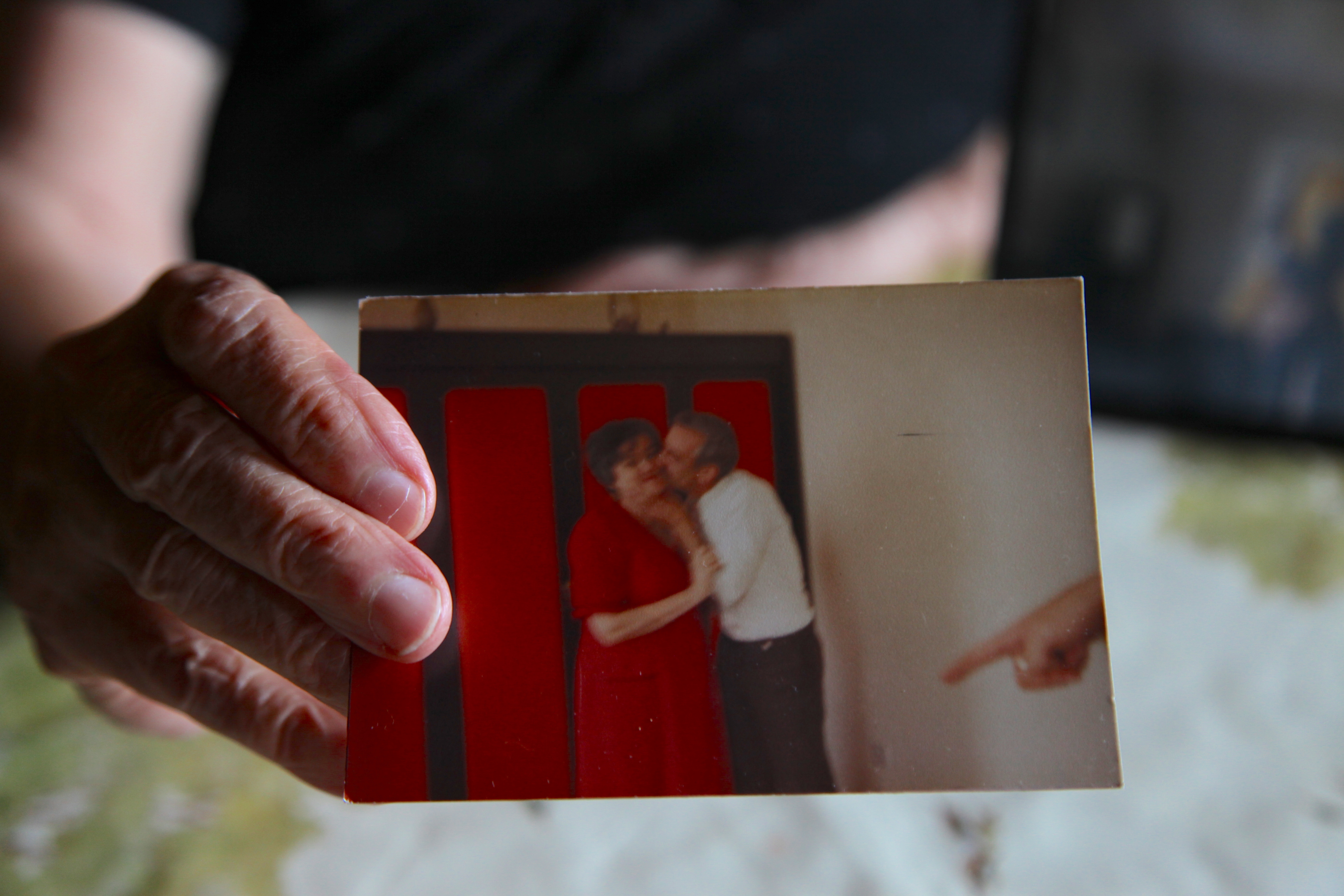
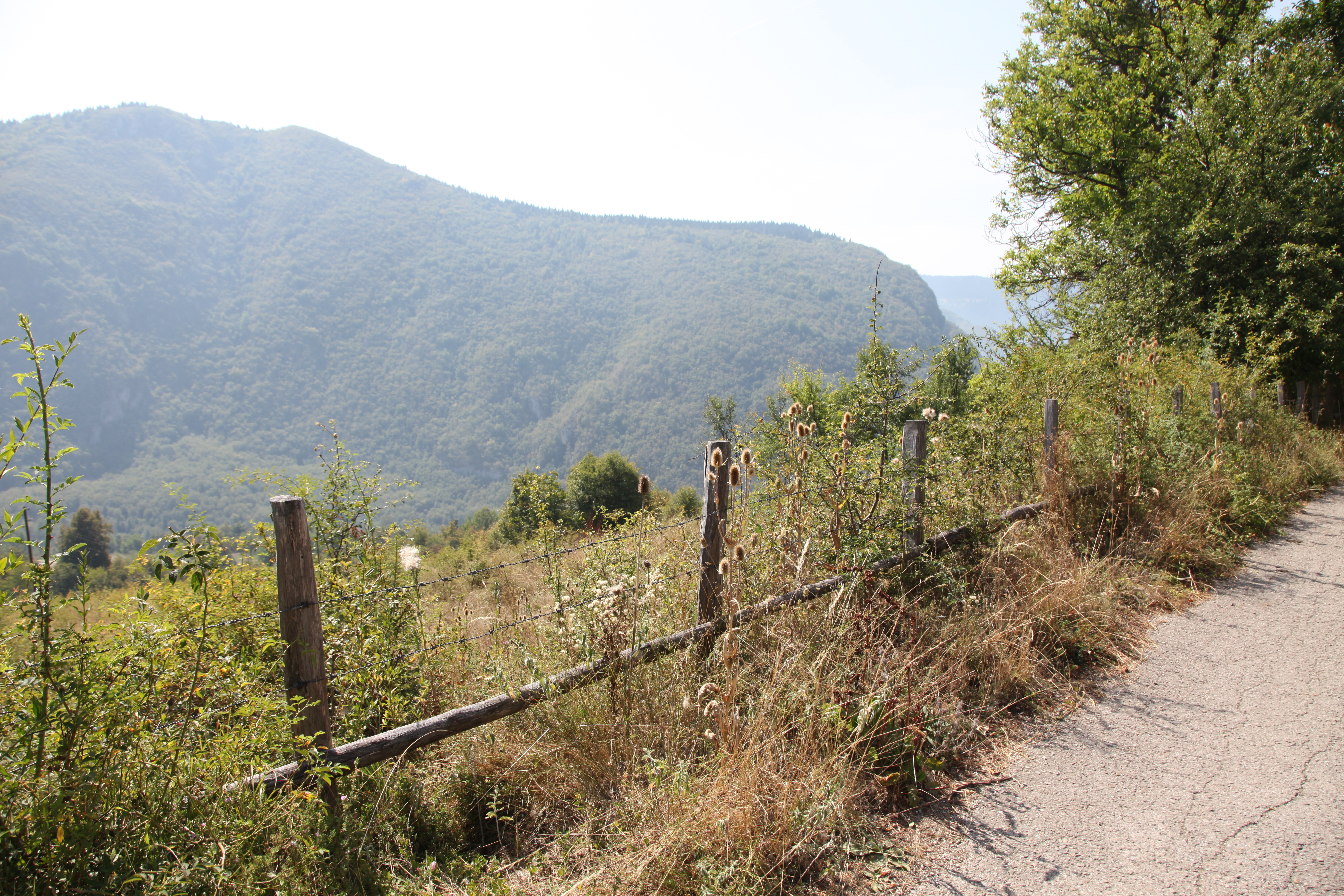
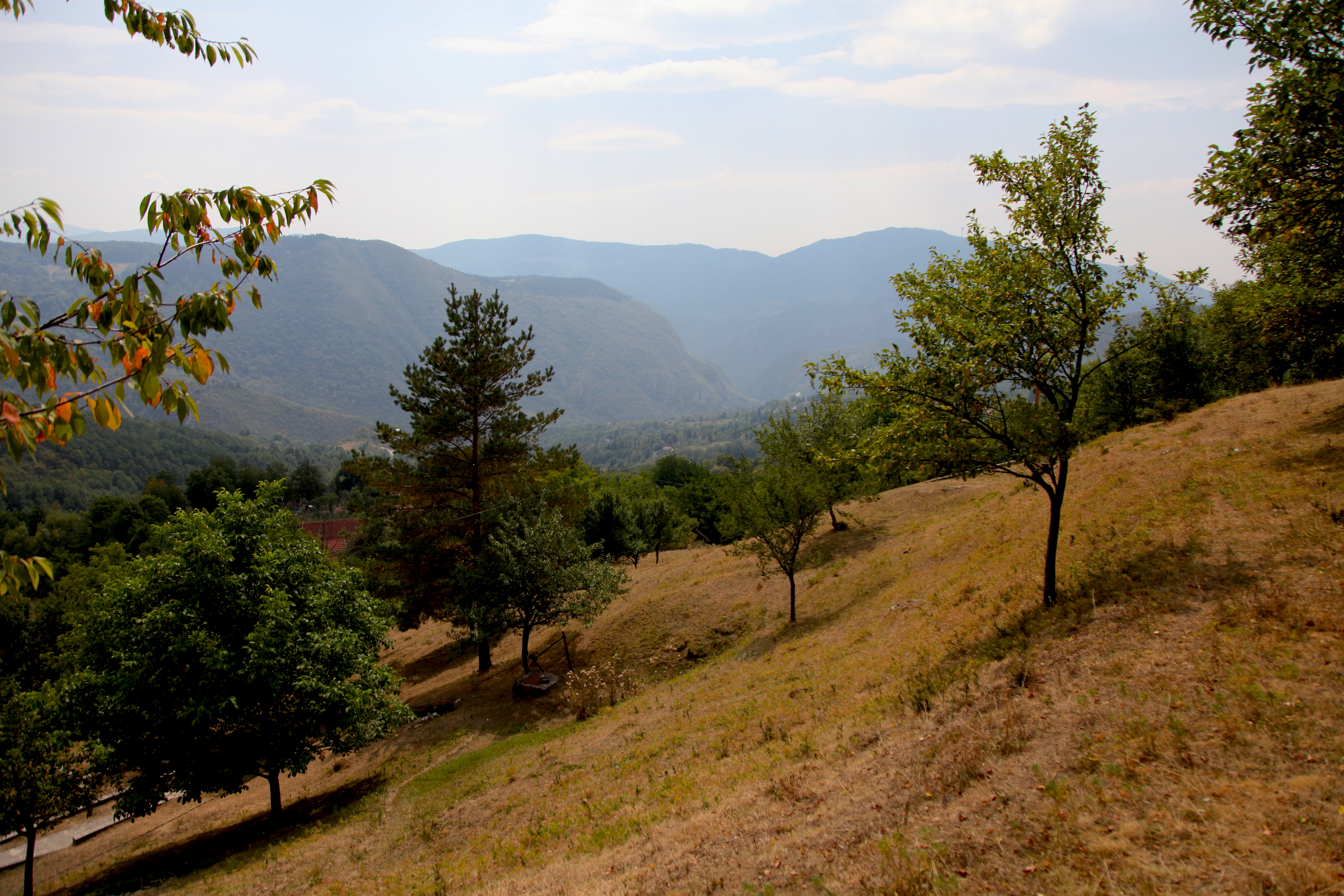
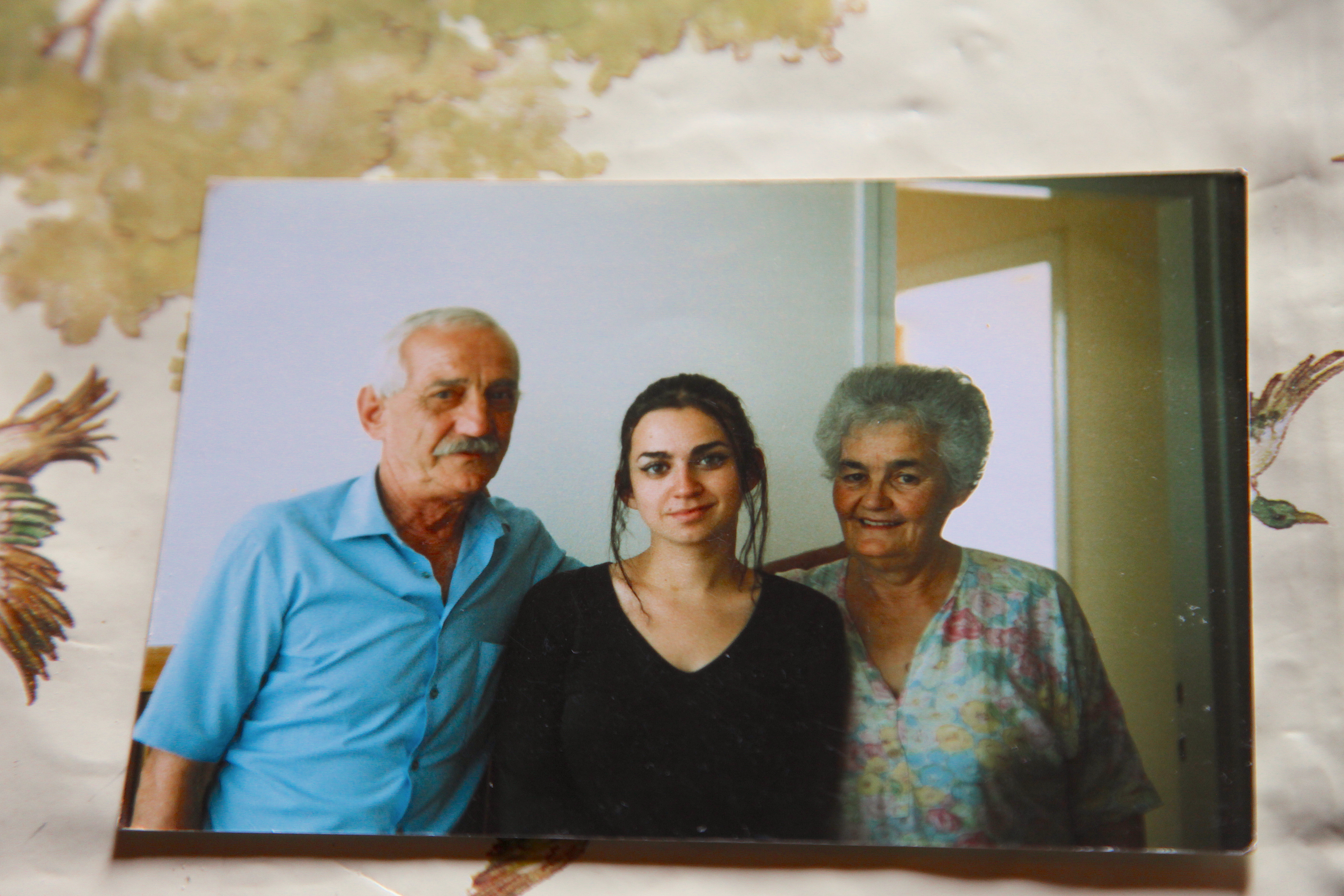
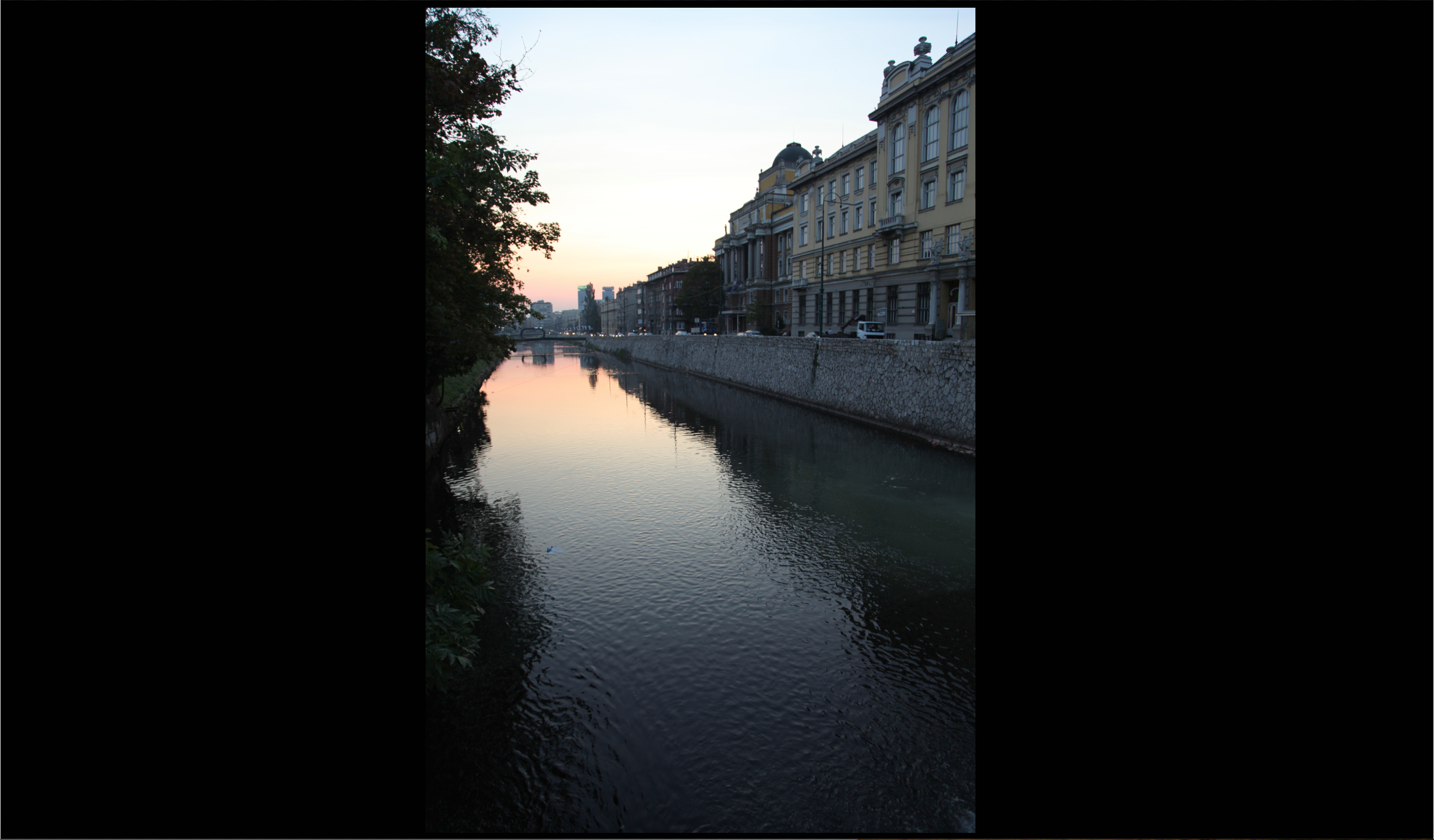
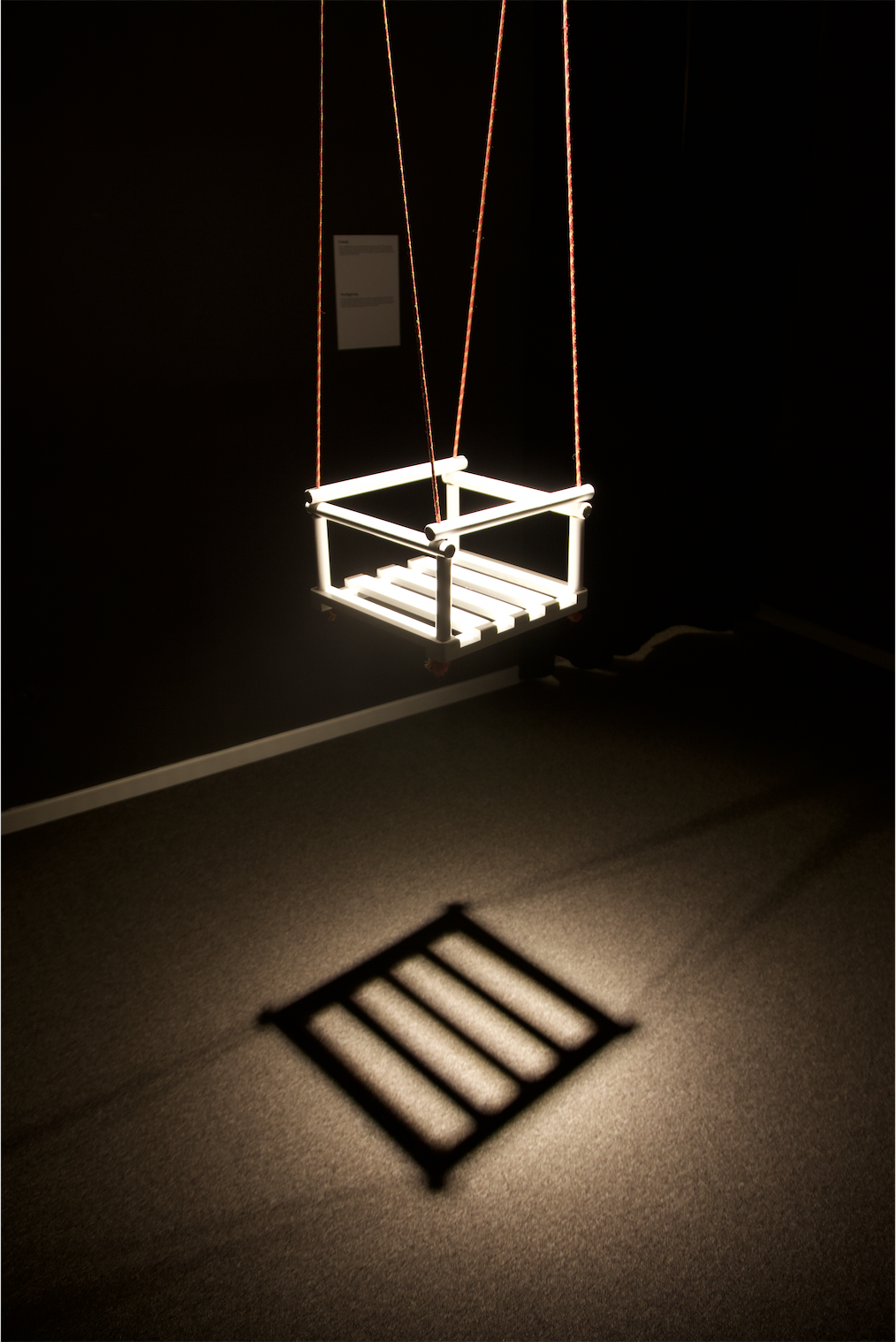
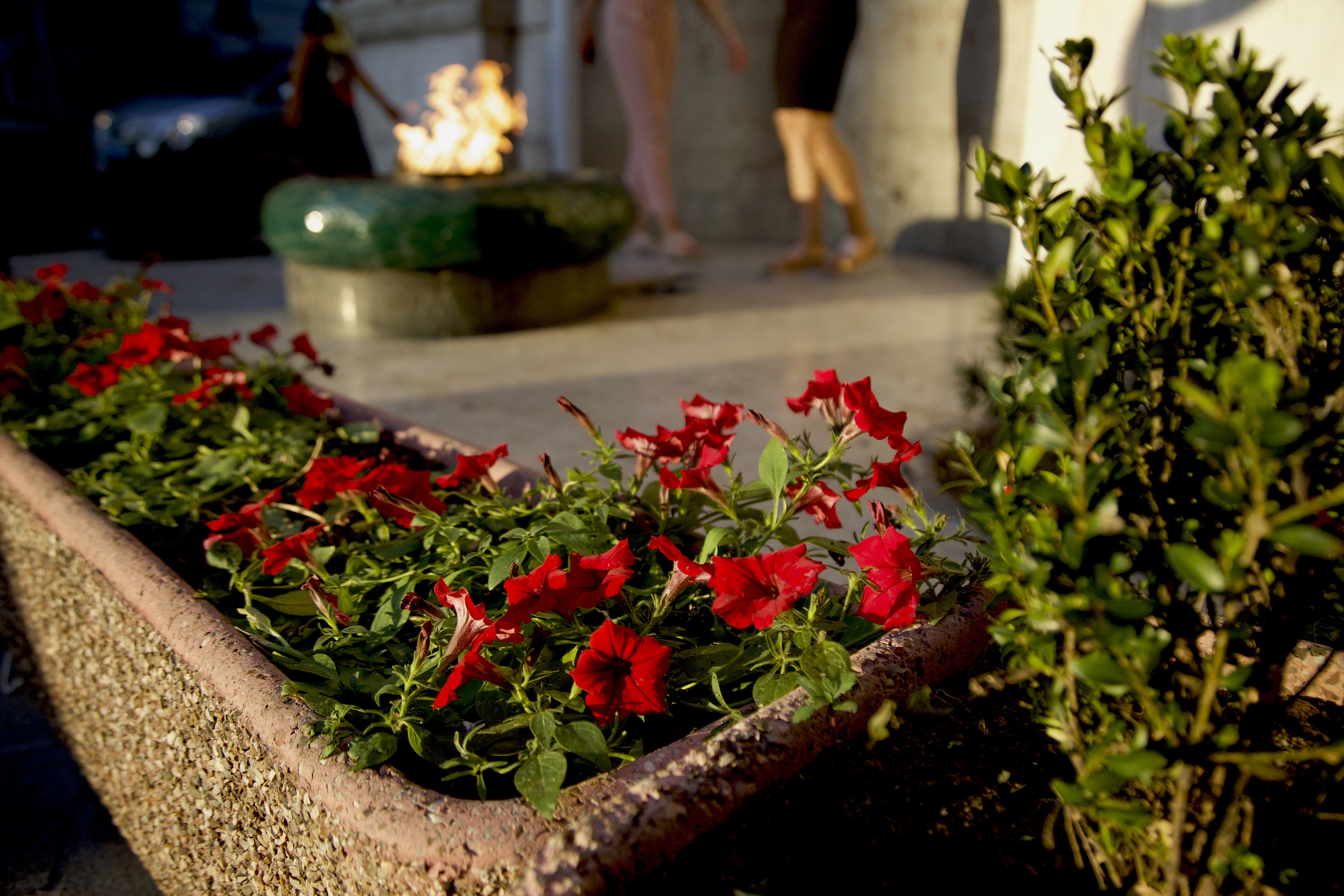

NO COMMENT